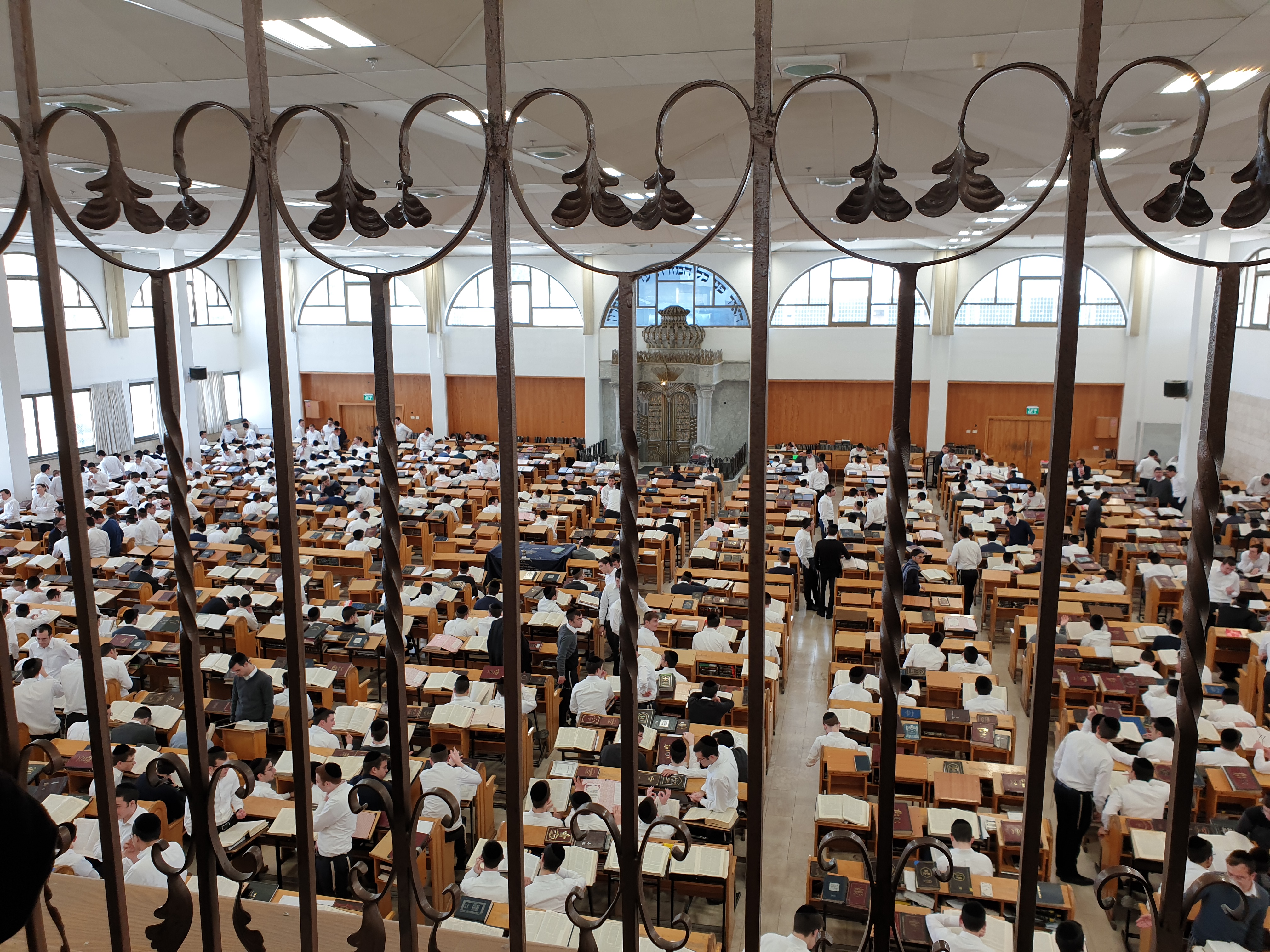“The only time my education was interrupted was while I was at school.” – Winston Churchill.
If we asked children and adults what the point of school was, I predict we’d get some bewildered and some generic responses. There’d be the predictable, ‘to be literate’ (to learn to read and write) and ‘to be numerate’ (to learn arithmetic) as well as to learn discipline, responsibility, and of course ‘to get a job’. The quote above comes from the beginning of the book ‘What’s the Point of School?: Rediscovering the Heart of Education‘ by Guy Claxton (2008). Claxton argues strongly for schools to shift their priorities towards what children (and increasingly people outside school) want from their learning. These arguments can be summarised into three C’s and three R’s for what we want from learning: Choice, Challenge, Collaboration and Respect, Responsibility, and Real things. These are deep and powerful ingredients in designing learning, and equally difficult to balance and impart.
Despite the added layers for schools to build resilience, emotional intelligence, academic intelligence, and a range of capabilities in students, there’s a much bigger set of reasons we rarely discuss. These are less to do with the ‘point of school’ and more to do with the point of education. I continue to believe that much of what holds back change in education is language and meaning. School is an institution, education is a process and an experience. The institution of school has a bunch of norms we can all name, and I’ve discussed these previously, but the quality and depth of education we receive in the them is vastly different; regardless of the conformity to curriculum.
For a while since reading the paper by Professor Alan Reid ‘Beyond Certainty: A Process for Thinking About Futures for Australian Education‘ it has continually acted as a reminder about the four purposes of education. I don’t think many students and even adults would be able to name them. That’s because they’re never discussed. Not in the media, not in professional learning, and certainly not much in school. They sit below the surface, all bar one which constantly gets all the attention. Here they are, as described by Reid:
- The first is a democratic purpose. Schools are the main means society has to systematically develop young people as citizens who are able to play an active and constructive role in democratic life.
- The second is an economic purpose. Schools make an important contribution to the Australian economy by preparing people for work in the many occupations that comprise the contemporary and future labour markets.
- The third is an individual purpose. Schools provide opportunities for all children and young people to ‘acquire knowledge that takes them beyond their experience’ (Young & Lambert, 2014, p. 10) and which enables them to lead rich, fulfilling and productive lives. This purpose emphasises that there does not have to be a utilitarian purpose for education – it is significant in its own right.
- The fourth is a social and cultural purpose. Schools are an important means by which children and young people develop the understandings, skills and dispositions necessary to play an active role with their fellow citizens in a diverse and multicultural civil society.
Democratic, economic, individual, and social/cultural. So which one do you think gets all the attention? Economic of course. It dominates the discourse, and not just for politicians and people trying to justify STEM, many leading educators and researchers link school pathways and assessment back to the economic rationale. Education, through the lens of PISA, NAPLAN, and TIMSS are often reduced to a basic driver of success as relative to ‘the prosperity of the nation’. It’s all so terribly ironic that we have a national curriculum which addresses these four purposes really well, but the priorities are constantly given to those that will deliver economic outcomes. It’s why we hear the rhetoric for children to be literate and numerate; for school to go back to basics.
We don’t need basic students for a complex world. It’s a challenging paradox for so many education leaders at every level. We need more purpose to education than preparing children for the workforce, and we need people to hear them, understand them, and be driven by them. I believe that if we ignored the economic argument for just a moment, we’d find that our focus in the other areas actually helps improve the economic driver. They help youth and teachers feel part of a society that needs them; not as institutional players and pawns. Of course many schools do a wonderful job of addressing those four purposes and helping students to develop the passion and citizenship to engage with the world. I would argue that deep down, many students and some teachers, can lose the resolve and motivation to pursue education as having deeper purpose. Especially now.
With so much uncertainty and constraint across communities and the world, having a better handle on the purposes of education might just help us re-focus how we learn. And clarify the reasons why we strive for something better.
[Post-script – the image used in this piece was taken at an orthodox Jewish school in the heart of Jerusalem in Israel. I was there last year as part of a global conference. While the image looks incredibly traditional and conformist (the bars don’t help), these students were spending hours studying the Torah. The longer I watched them, the more I realised there was a lot of discussion, debate, and older students helping younger students. While it is a strict and theologically-driven education, students learn the values and teachings of the Torah, but supported by peers and teachers. If compared to Claxton’s three C and three R’s, there are some strengths and gaps in this example (like so many learning experiences). If compared to the four purposes of education, it has very little to do with economic outcomes; which is why it resonates in this context.]

